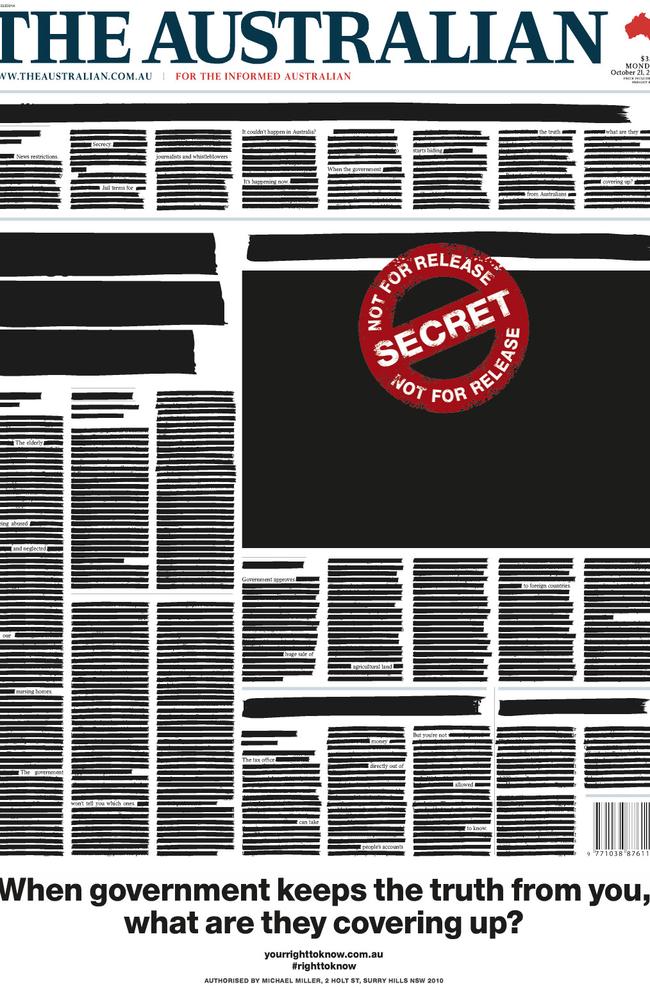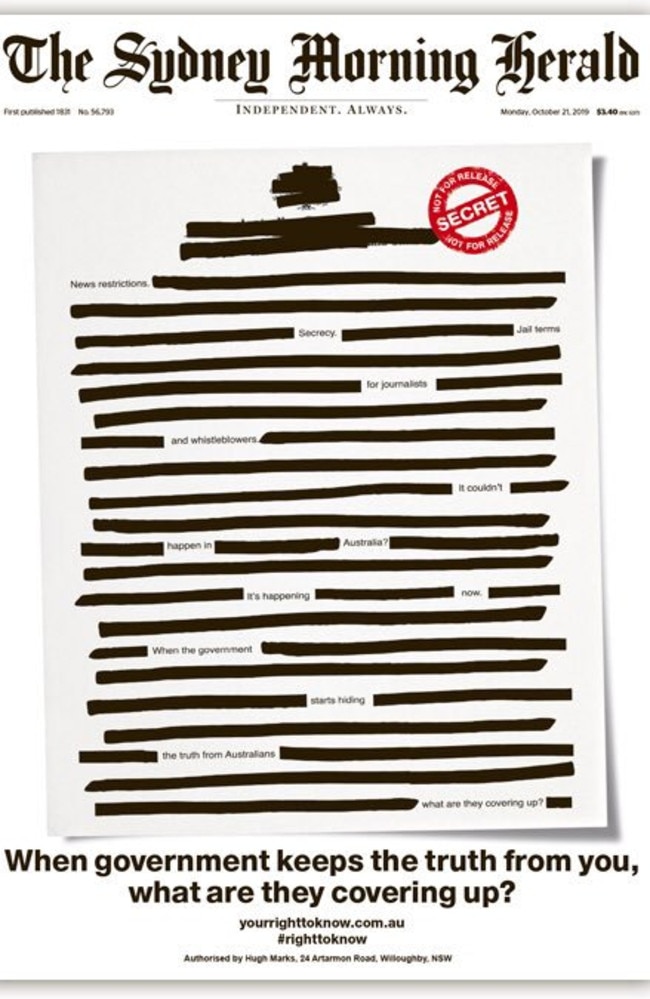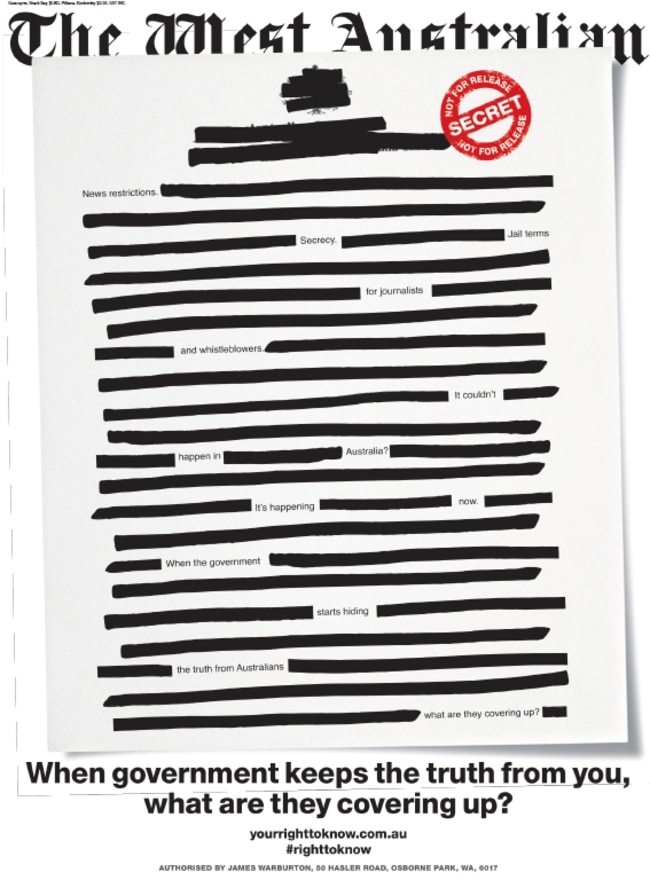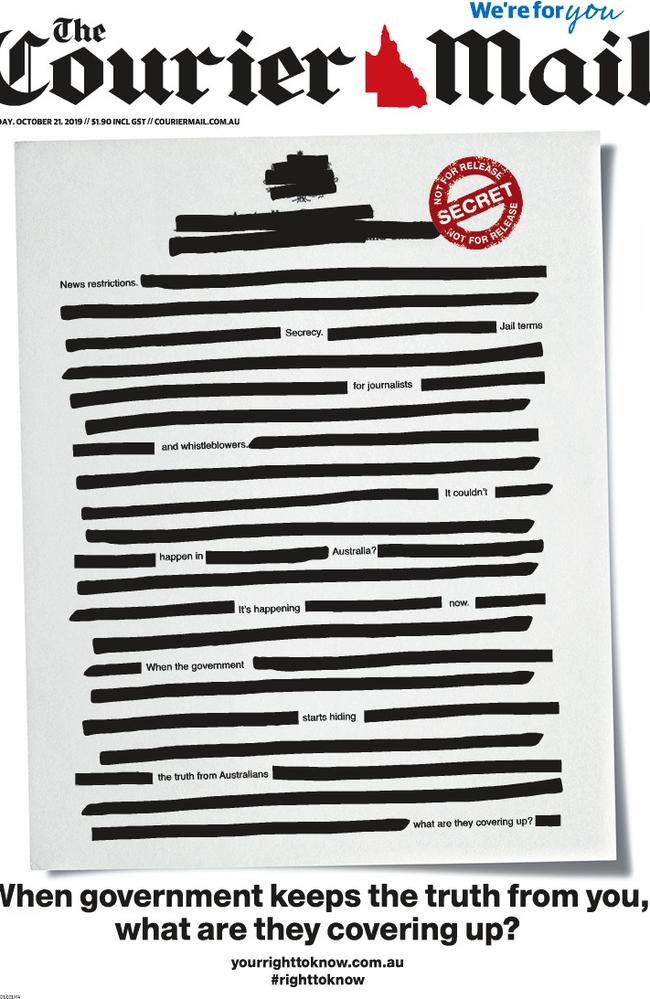AFP orders review after media raids
The new head of the AFP has ordered a review into the handling of sensitive investigations, following raids on two media organisations.
The new head of the Australian Federal Police has ordered a review into the handling of sensitive investigations, following raids on two media organisations.
Reece Kershaw wants to examine AFP processes around unauthorised disclosures, parliamentary privilege, espionage, foreign interference and war crimes. He has asked John Lawler, the former head of the Australian Crime Commission, to conduct the external review.
“The review will not be an audit into the current matters at hand,” Mr Kershaw told a Senate committee in Canberra on Monday. “But rather a holistic approach to ensure that we have in place investigative policies and guidelines that are fit for purpose.”
The review will address what constitutes a sensitive investigation, an articulation of the human resources, skills, training, technology and facilities required, a reformation of governance and business processes, and organisational structures.
“Police independence and freedom of the press are both fundamental pillars that coexist in our democracy,” Mr Kershaw told the committee. “I strongly believe in these two pillars, and this is the approach I intend to take.”
He also confirmed the AFP had finalised an “internal national guideline” on investigations into the leaking of government information by Commonwealth officers.
Recent police raids on the home of a News Corp journalist and Sydney offices of the ABC have triggered a major debate about press freedom. The raids were part of criminal investigations into stories based on leaked government documents.
Several parliamentary inquiries are now investigating the balance between national security and a free media in Australia. Mr Kershaw said he hoped the Lawler review would “better inform” how the AFP handled such cases in the future.
“I look forward to working with you and your parliamentary colleagues to ensure the review takes into account the deliberations of other parliamentary inquiries currently under way,” he said.




It came on the same day the front pages of every major newspaper across Australia were blacked out in an unprecedented show of unity for press freedom.
Publishers, broadcasters and industry groups including News Corp, Nine Newspapers and Seven West Media have joined forces to demand greater protections for journalists and whistleblowers.
Users on social media expressed their support. “About time there was a concerted campaign to push back against the Secret State,” one Twitter user wrote.
Another said, “So good to see the nation’s media sticking up for democracy. Press freedom is vital. Time to also stand up for freedom to protest, protections for whistleblowers, and other vital democratic rights.”
Prime Minister Scott Morrison has pushed back on the campaign. “My government will always believe in the freedom of the press — it’s an important part of our freedoms as a liberal democracy,” he told the Sydney Morning Herald on Sunday.
“I also believe in the rule of law and that no one is above it, including me or anyone else, any journalist. The rule of law has to be applied evenly and fairly in protection of our broader freedoms, and so I don’t think anyone’s, I would hope, looking for a leave pass on those things.”
Attorney-General Christian Porter told the paper there were some “sensible” changes to be considered but objected to exemptions from metadata laws. “Some of the demands, I’ve got to say, are right at the outer edge of workability,” he said.
Labor has backed the campaign, with Opposition Leader Anthony Albanese calling for the Government to rule out prosecutions for News Corp and ABC journalists raided by the AFP earlier this year.
“Unlike the Morrison Government, Labor believes in freedom of the press and the public’s right to know,” shadow attorney-general Mark Dreyfus wrote on Twitter.
“Labor believes journalists should not be prosecuted, or face going to jail, simply for doing their jobs.”
Labor Senator Kristina Keneally wrote, “Scott Morrison and his senior ministers treat ‘press freedom’ as if it were an inconvenience rather than as an essential pillar of our democracy. Labor believes a strong and independent media is vital to holding governments and opposition parties to account.”
Greens Senator Sarah Hanson-Young said voters and taxpayers deserved to know what their government was up to. “This problem, this secrecy, this overreach from the Government is not just an attack on the media or whistleblowers, it’s an attack on every Australian,” she told reporters in Canberra on Monday.
One Nation leader Pauline Hanson said she didn’t think the campaign would resonate with the public, although “I think it should”.
Speaking to the Nine Network, Ms Hanson said journalistic credentials needed to be tightened, raising the prospect of a licensing system. “But we’ve got to be very careful who we define as being a journalist,” she said.
“People who write a book could be classified as a journalist or those people that blog on Facebook. But I believe that people must be accountable to the public whoever they are, what position they are in.”



